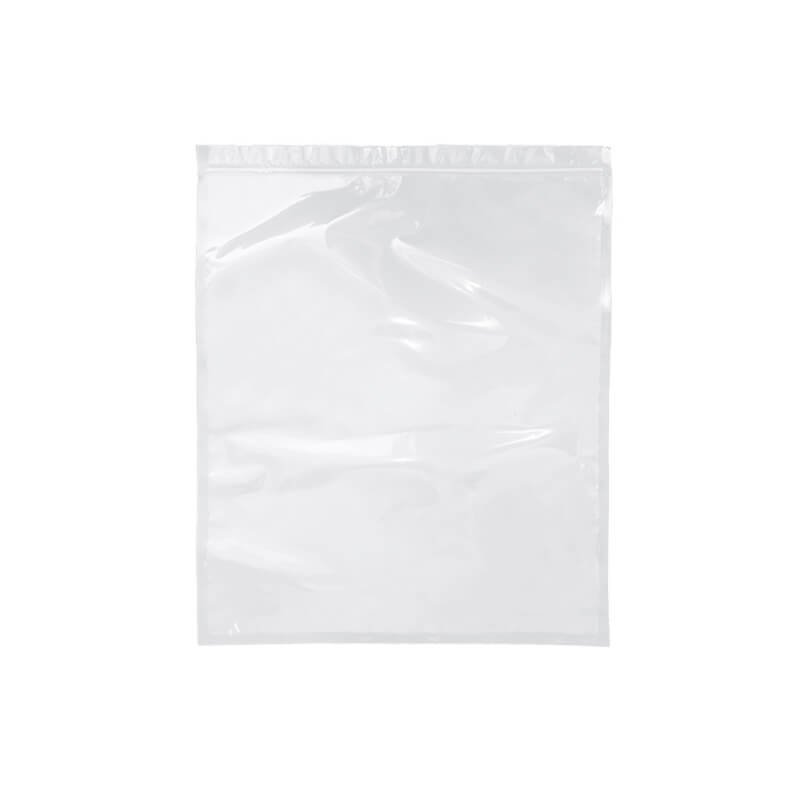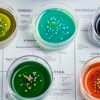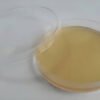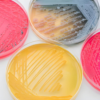
The Importance of Sterile Sampling Bags in Microbiological Analysis
Microbiological analysis plays a crucial role in ensuring food safety, environmental monitoring, and healthcare diagnostics. One of the most fundamental steps in obtaining accurate results is the collection of samples. To guarantee the integrity of the sample and to avoid contamination, it is essential to use sterile sampling bags. These bags are specially designed for use in microbiological testing and come with several benefits that directly impact the quality of the analysis.

1. Prevention of Contamination
The primary benefit of sterile sampling bags is their ability to prevent contamination. Contamination can occur from various sources, such as environmental microbes, handling errors, or even packaging materials. Sterile bags are pre-packaged in a controlled environment, ensuring they remain free from external microorganisms. This is crucial when the goal is to achieve accurate and reliable results in microbiological testing.
2. Preservation of Sample Integrity
Sterile sampling bags are designed to maintain the integrity of the sample over time. The sterile seal prevents exposure to bacteria, fungi, or any other microorganisms that could potentially alter or degrade the sample. Additionally, these bags typically offer barrier properties that protect the sample from external contaminants, such as dust, moisture, and chemicals, ensuring it remains in its natural state for accurate testing.
3. Ease of Use and Convenience
Sterile sampling bags are generally user-friendly. They come in various sizes and materials, allowing for flexibility depending on the type of sample being collected. Whether you’re sampling liquids, solids, or environmental air, there is a sterile bag designed for the task. The bags often feature easy-to-use closures, such as zippers or tie seals, to facilitate proper sealing and prevent cross-contamination during sample handling.
4. Improved Testing Efficiency
The use of sterile bags can improve overall testing efficiency. By ensuring that the sample remains uncontaminated, microbiologists are less likely to face delays due to retesting or invalid results. This results in faster turnaround times, which is especially beneficial in industries such as food safety, pharmaceuticals, and environmental monitoring where time-sensitive decisions are often required.
5. Compliance with Standards and Regulations
Many industries and regulatory bodies require strict adherence to specific guidelines when conducting microbiological testing. Using sterile sampling bags ensures that laboratories meet these regulatory requirements, such as those set by the FDA, ISO, and other relevant organizations. Compliance with these standards helps businesses avoid costly fines or potential damage to their reputation due to non-compliance.
6. Safe for Handling Hazardous Materials
In some microbiological testing, such as the analysis of biohazardous substances or clinical samples, using sterile bags ensures that the sample is securely contained and poses no risk to personnel or the surrounding environment. These bags are designed to offer additional safety and containment, making them ideal for handling infectious or hazardous materials.
7. Cost-Effectiveness in the Long Run
Although sterile sampling bags may seem like an additional cost upfront, they can actually be cost-effective in the long run. By reducing the risk of contamination and the need for retesting, they help prevent expensive delays and ensure that resources are used efficiently. Additionally, the reliability and accuracy provided by sterile sampling bags enhance the overall quality of the laboratory’s output, ultimately leading to improved business outcomes.
Conclusion
Sterile sampling bags are an essential tool for any microbiological analysis. They provide critical benefits, including the prevention of contamination, preservation of sample integrity, and adherence to regulatory requirements. By ensuring accurate and reliable results, sterile sampling bags contribute to the efficiency, safety, and cost-effectiveness of microbiological testing. Whether you’re working in food safety, environmental science, or healthcare diagnostics, incorporating sterile sampling bags into your process is a wise choice to achieve the highest standards in analysis.
Recent Posts
- Essential Tips for Proper Culture Media Storage and Handling
- Understanding the Role of Transport Culture Media in Clinical Diagnostics
- Breaking Down the Role of Culture Media in Pharmaceutical Research
- A Guide to Using Culture Media for Strict European Cosmetic Safety Compliance
- The Role of Culture Media in Ensuring Accurate Cosmetic Microbial Testing



